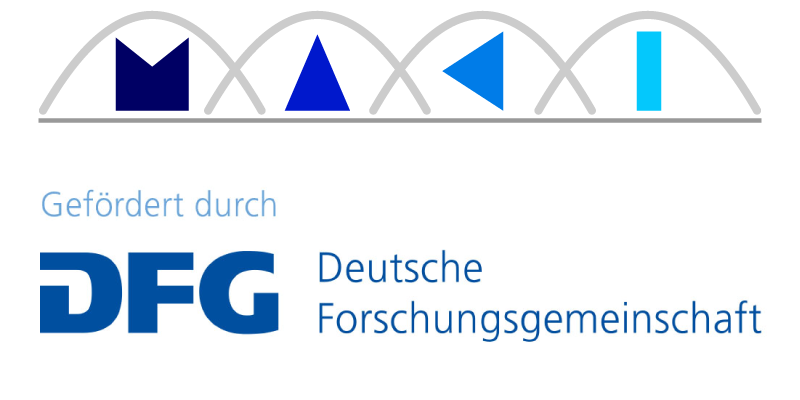| Vortragender | Prof. Dr. Michael Zink |
| Titel | Global Environment for Network Innovations (GENI): An Overview, on Testbeds, and Instrumentation and Measurement Tools |
| Zeit | Mittwoch, 21. August 2013, 14.00 – 16.00 Uhr |
| Ort |
S3|20 111 Rundeturmstr. 10, 64283 Darmstadt |
| Abstract | |
|
Evolving technological and social networks, intertwined and worldwide in scope, are rapidly transforming societies and economies. The Global Environment for Network Innovations (GENI), a project sponsored by the National Science Foundation, is open and broadly inclusive, providing collaborative and exploratory environments for academia, industry and the public to catalyze groundbreaking discoveries and innovation in these emerging global networks. GENI is a virtual laboratory at the frontiers of network science and engineering for exploring future internets at scale. GENI creates major opportunities to understand, innovate and transform global networks and their interactions with society. This seminar is divided in three major parts. In the first part, I will give a general overview on GENI explaining the goals of this initiative, its major components, and the implications for network and distributed systems research. The second part will highlight ExoGENI, an instantiation of a GENI testbed. ExoGENI links GENI to two advances in virtual infrastructure services outside of GENI: open cloud computing (OpenStack) and dynamic circuit fabrics. ExoGENI orchestrates a federation of independent cloud sites located across the US and circuit providers, like NLR and Internet2 through their native IaaS API interfaces, and links them to other GENI tools and resources. The final part of this seminar will present the GIMI instrumentation and measurement project. This project develops and deploys a GENI instrumentation and measurement framework, capable of supporting the needs of both GENI experimenters and GENI infrastructure operators. It uses the ORBIT Measurement Library (OML) and integrated Rule Oriented Data System (iRODS) as its basis. It provides libraries to instrument resources, to filter and process measurement flows, and to consume measurement flows. It uses the iRODS data grid for archiving and further processing and, through LabWiki, provides a portal that allows experimenters to conduct and manage their measurements. |
|
| Bio | |
| Michael Zink is currently Assistant Professor in the Electrical and Computer Engineering Department at the University of Massachusetts in Amherst. He is also Deputy Director for the NSF Engineering Research Center for Collaborative Adaptive Sensing of the Atmosphere (CASA). He works in the fields of sense-and-response sensor networks, distribution of high-bandwidth, high-volume data, and the design and analysis of long-distance wireless networks and Systems Engineering. Further research interests are in wide-area multimedia distribution for wired and wireless environments and network protocols. His research interests also focus on advanced and next generation networks and he has been leading three projects within the NSF GENI initiative. | |
SFB 1053 MAKI

Prof. Dr. Michael Zink
Prof. Dr. Michael Zink



